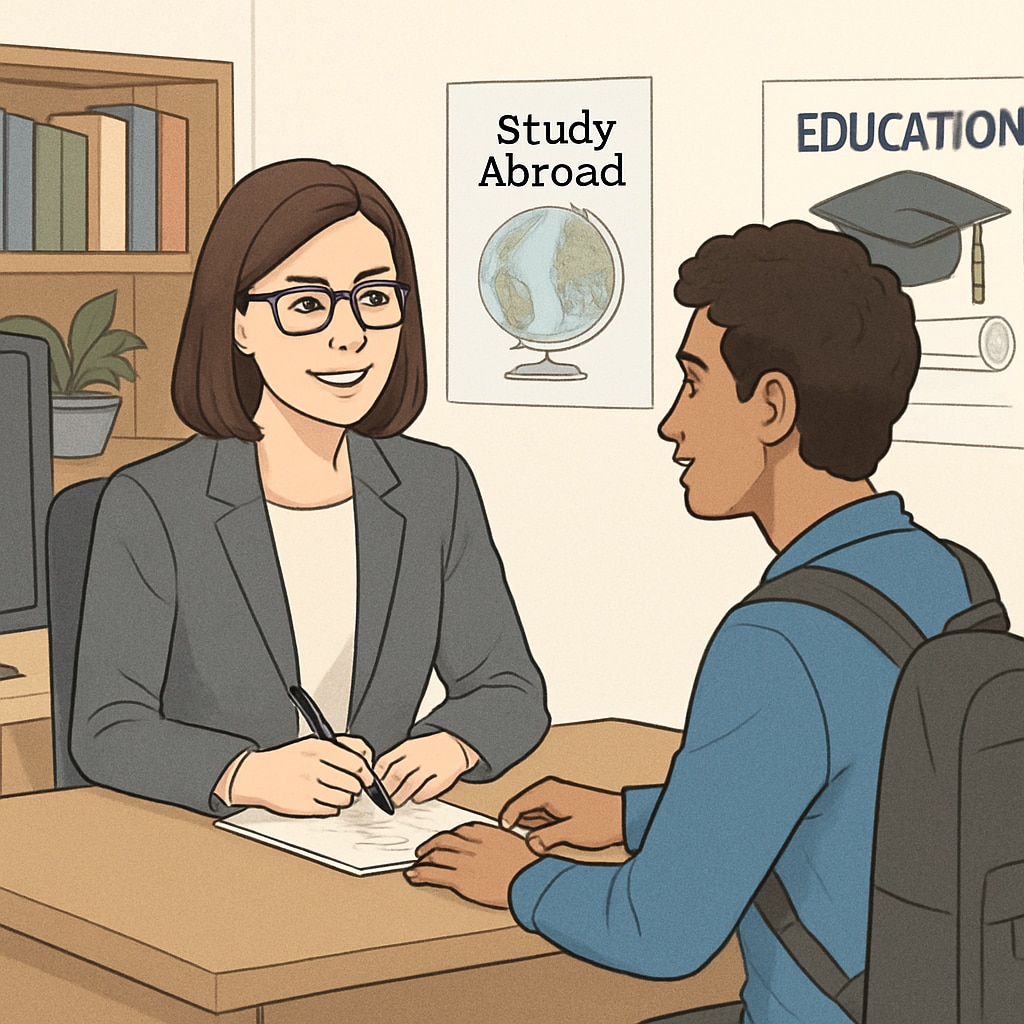For many students, pursuing a master’s degree in the United States represents a significant milestone in their academic and professional journey. The choice to use a study abroad agency or navigate the self-application process is critical to shaping that experience. This article explores the pros and cons of hiring study abroad agencies, like those specializing in U.S. master’s programs, versus applying independently. Additionally, we’ll provide practical tips to help students and parents make informed decisions.
Should You Use a Study Abroad Agency?
Study abroad agencies play a key role in simplifying the complex process of applying to U.S. master’s programs. They offer services such as personalized school selection, application guidance, and visa support. However, they are not without drawbacks, such as cost and potential dependency. Here’s a breakdown of the pros and cons.
- Pros: Agencies provide structured support, saving time and reducing stress for applicants unfamiliar with the U.S. education system. They often have partnerships with universities, which can streamline admissions.
- Cons: Services can be expensive, and not all agencies provide unbiased advice. Some may prioritize their partner universities over student needs.
For example, reputable agencies like Education Britannica emphasize transparency and adaptability, which are crucial qualities to look for in any agency.

Self-Application: A Viable Alternative
While hiring an agency offers convenience, self-application to U.S. master’s programs can be equally successful with proper preparation. Students who choose this route gain greater control over their applications and can avoid additional costs. Here are some tips for a smooth self-application process:
- Research Thoroughly: Utilize resources like Wikipedia’s guide on graduate schools to understand program requirements.
- Plan Timelines: Create a calendar for application deadlines, standardized tests (e.g., GRE, TOEFL), and document submissions.
- Leverage Online Communities: Join forums or groups where applicants share experiences and advice.
Moreover, self-application develops valuable skills like communication, organization, and perseverance—qualities that will benefit students throughout their academic and professional careers.

Key Factors in Decision-Making
Whether using an agency or applying independently, students and parents must consider the following factors:
- Budget: Agencies charge fees, while self-application involves costs like test fees and application charges.
- Experience: First-time applicants may benefit from agency expertise, while seasoned planners may prefer independence.
- Goal Alignment: Agencies can guide you towards schools that match your profile, but independent research allows for personalized choices.
Ultimately, the choice depends on individual needs, resources, and comfort levels. There is no one-size-fits-all solution.
Final Thoughts
The journey to a U.S. master’s degree is an exciting and rewarding endeavor, but it requires careful preparation. Choosing between a study abroad agency and self-application depends on your unique circumstances and goals. By weighing the pros and cons of each approach and considering the factors outlined above, you can make the best decision for your academic future.
Whether you choose to use an agency or apply independently, remember that the most important thing is to stay organized, proactive, and informed throughout the process.
Readability guidance: This article balances concise paragraphs, bullet points, and clear sections for easy reading. Transitions like “however” and “in addition” are used to connect ideas smoothly, while visual aids are placed to enhance understanding.


